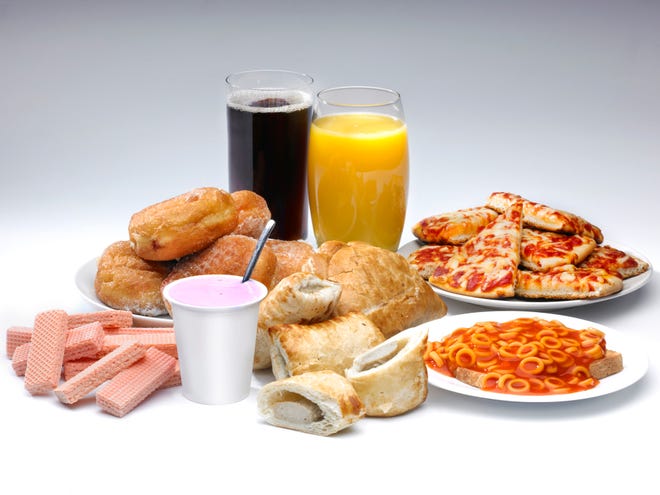Do you think it's impossible to eat only one potato chip or one frozen pizza? Most people do.
There's a reason for that. It has to do with the addictive nature of ultra-processed foods (UPF).
Ultra-processed foods are typically high in fat, refined carbohydrates, sugar, and salt.
Contains plenty of additives and preservatives. It has little or no nutritional value.
Examples of UPF include packaged bread, most breakfast cereals, sugary drinks, instant soups, frozen pizza, hot dogs, chicken nuggets, condiments and sauces, candy, cookies, ice cream, flavored yogurt, pastries, Includes chocolate, noodles, sauces and fast food. .
